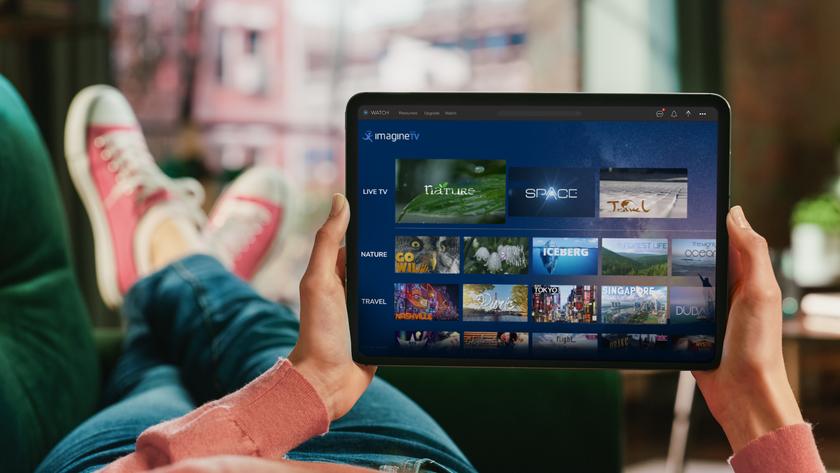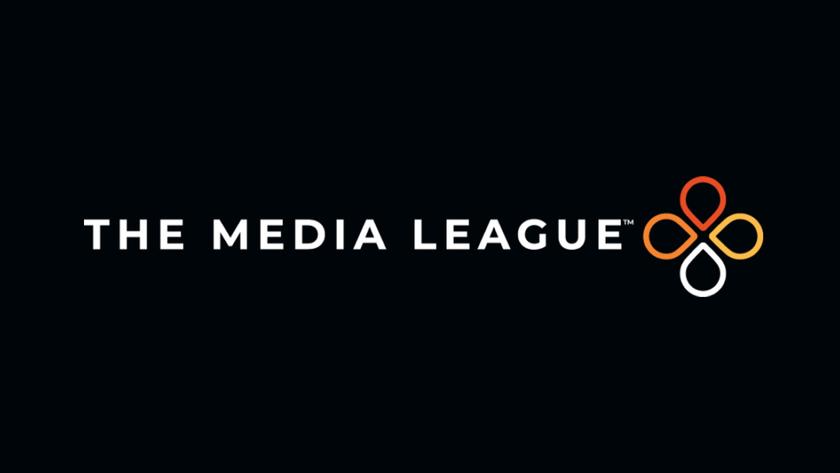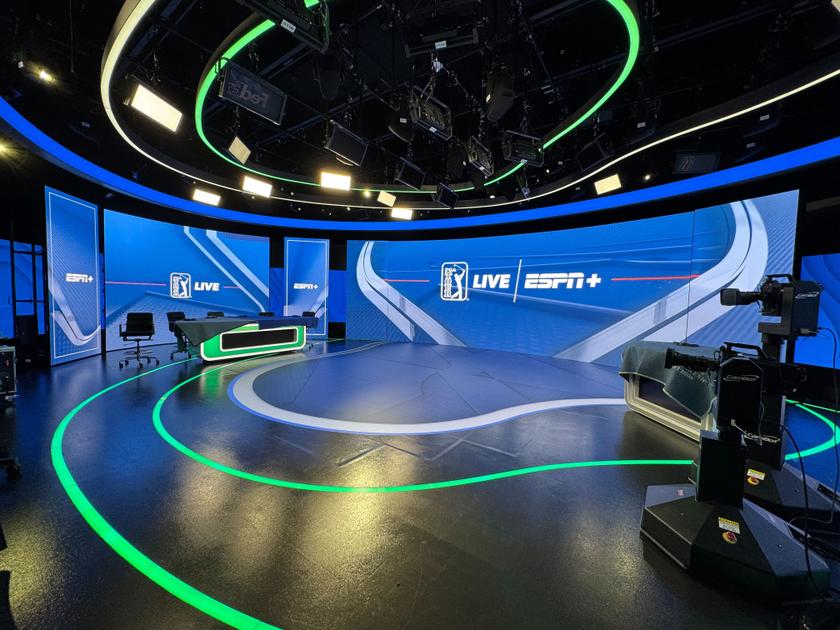Vodafone looking at Kabel Deutschland takeover with Liberty Global out
Germany’s leading cable TV operator remains a prime takeover target, but now with Vodafone the leading contender as its seeks to become a major player in fixed broadband services and pay TV.
Kabel Deutschland, with about 1.9 million direct pay TV customers but servicing a total 8.5 million connected homes, has long been a takeover target, with Liberty Global, the world’s second largest cable operator present in 12 European countries, the previous favorite.
But, that possibility has all but evaporated following Liberty Global’s acquisition of another cable co, Kabel BW, for€3.16 billion ($4.10 billion) in Dec. 2011. Following Liberty Global’s earlier acquisition of Unity Media, this gave it a combined German cable network passing over 12 million homes and generating over $2 billion in annual revenues. Any attempt to expand its cable empire further would likely fail on competition grounds, as can be seen from the fact that Kabel Deutschland itself is facing problems getting approval for its planned acquisition of indebted regional cable operator Tele Columbus.
Germany’s Federal Cartel Office (FCO) in Dec. 2012 expressed concerns that this takeover of Tele Columbus could have an impact on competition, by eliminating a significant competitor to Liberty Global and Kabel Deutschland itself, cementing their duopoly. But, this little local difficulty does not appear to be deterring Vodafone, the world's second-largest mobile operator after China Mobile, with operations that span Europe, the U.S., Africa and the Middle East.
Vodafone Chief Executive Vittorio Colao has stated he wants to participate in market consolidation across Europe and rebalance the company away from its near total dependence on mobile communications. So far, though, its only move in that direction was the acquisition for £1.04 billion ($1.63 billion) of UK-based Cable & Wireless Worldwide PLC, which specialized in business telecommunications services. That gained regulatory approval from the European Union in July 2012.
In the rest of Europe, the company is a pure mobile player, so that it has to rent fixed lines from competitors if it wants to offer bundled packages comprising mobile, TV and broadband Internet.
The move to buy Kabel Deutschland therefore makes absolute strategic sense when cable companies are starting themselves to attack mobile operators with bundled packages, and would be unlikely to meet regulatory opposition.
Get the TV Tech Newsletter
The professional video industry's #1 source for news, trends and product and tech information. Sign up below.










